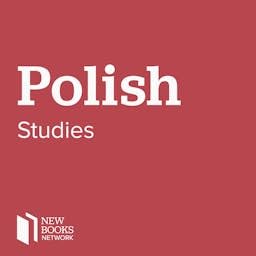The Warsaw Ghetto Uprising is one of the most storied events of the Holocaust, yet previous accounts of have almost entirely focused on its male participants. In The Girl Bandits of the Warsaw Ghetto: The True Story of Five Courageous Young Women Who Sparked an Uprising (Harper, 2025), Holocaust historian Elizabeth Hyman introduces five young, courageous Polish Jewish women—known as “the girls” by the leadership of the resistance and “bandits” by their Nazi oppressors—who were central to the Jewish resistance as fighters, commanders, couriers, and smugglers. They include:Zivia Lubetkin, the most senior female member of the Jewish Fighting Organization Command Staff in Warsaw and a reluctant legend in her own time, who was immortalized by her code name, "Celina"Vladka Meed, who smuggled dynamite into and illegal literature out of the Warsaw Ghetto in preparation for the uprisingDr. Idina “Inka” Blady-Schweiger, a young medical student who became a reluctant angel of mercyTema Schneiderman, a tall, beautiful and fearless young woman who volunteered for smuggling and rescue missions across Nazi-occupied Eastern EuropeTossia Altman, a heroic courier with a poetic soul, who helped bring arms into the Warsaw Ghetto, fought in the Uprising, and ferried communiques to the outside worldInterspersed with the stories of other Jewish women who resisted, The Girl Bandits of the Warsaw Ghetto rescues these women from the shadows of time, bringing to light their resilience, bravery, and cunning in the face of unspeakable hardship—inspiring stories of courage, daring, and resistance that must never be forgotten. Elizabeth Hyman is the granddaughter and great-granddaughter of Polish Jews who fled their homeland in 1939 and ultimately made their way, as refugees, to the United States. She earned dual master’s degrees in History and Library and Information Science from the University of Maryland-College Park, and has written the history blog, “HISTORICITY (was already taken),” since 2011. She lives in New Paltz, New York. Learn more about your ad choices. Visit megaphone.fm/adchoices
Show More
Show Less
 Feb 8 20261 hr and 38 mins
Feb 8 20261 hr and 38 mins Nov 24 20251 hr
Nov 24 20251 hr 41 mins
41 mins 40 mins
40 mins 1 hr and 25 mins
1 hr and 25 mins 43 mins
43 mins 47 mins
47 mins 1 hr and 12 mins
1 hr and 12 mins
